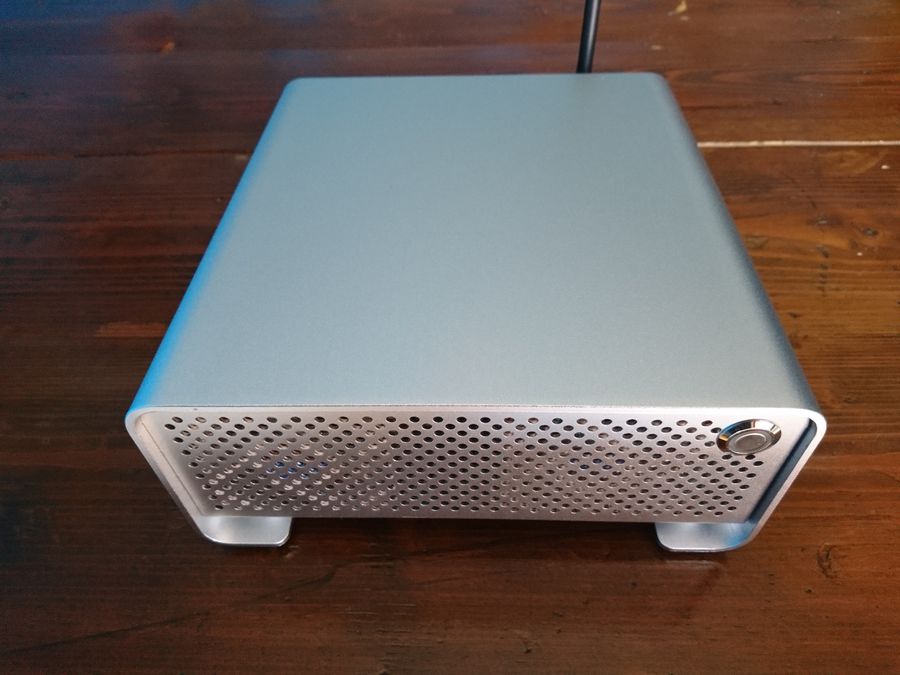Feb 08,
2019
Testing Buster
Hello random websurfer.
I've started to test the next Debian release on my desktop: codename Buster.

"Buster, the pet dachshund"
I would say that it's reassuringly boring, no major bugs to report in the few days that I've used it, at least from the Debian front.
From the 3rd party providers' front tho, I've found out that Docker CE fails to install even if they have an official Debian Buster repository, no mention on their installation notes of special requirements. After some digging, the reason is iptables was replaced with nftables on Debian Buster and they don't share the same "API" so containerd fails to start and it doesn't complete the upgrade or installation. One possible solution is to invoke update-alternatives to force the "legacy" version:
$sudo update-alternatives --config iptables
There are 2 choices for the alternative iptables (providing /usr/sbin/iptables).
Selection Path Priority Status
------------------------------------------------------------
0 /usr/sbin/iptables-nft 20 auto mode
* 1 /usr/sbin/iptables-legacy 10 manual mode
2 /usr/sbin/iptables-nft 20 manual mode
Press <enter> to keep the current choice[*], or type selection number:
Another thing that I've noticed, I get the software updates' notifications but I don't get the requester to install them at shutdown time. I haven't yet asked in the IRC channel tho. Also, it seems I can't select the buttons on Gnome Header bars anymore.
About the desktop, at the moment Gnome uses Wayland as default instead of Xorg, I didn't noticed glitches or artifacts, but some minor issues are still present to ruin its prime-time, in my humble opinion.
For starting, it breaks the "focus follow mouse" option or at least it breaks the way I expect it to works. Next it's the title-bar actions, apparently it's missing in the Wayland protocol, in particular the possibility of a window to "lower/upper" itself, as a result clicking a window toolbar with the central mouse button to "lower", as it's configured here, it doesn't work.
Finally, the are some drag&drop issue to and from different application windows, like for example from the file manager to the web browser or the archive manager.
Also, no Wayland Emacs yet. Yeah I know, patches are welcome.
So I reverted to Xorg for the time being.
Speaking of the applications, Flatpak support seems in better shape and the incompatibilities with Debian packages were solved. As a result, I've decided to replace all the desktop applications with their Flatpak equivalent to see if they can be a viable solution. There's the disadvantage of more storage space required as it's not so uncommon to have more that a couple of runtimes installed, but in exchange it would bring applications not tied to the distribution and hopefully sandboxing for increased security1.
Another drawback is it complicates the devices' access from the application front, in particular devices hot-plug, as it's designed to not provide direct access to dBus for example. To interact with the system from the sandbox in a secure fashion, it was introduced the Portals mechanism, but not all use cases are covered at the moment.
Anyway, I for one, would welcome a full flatpak-ed Gnome.
-
I should add I'm conscious that using Flatpack with Xorg voids any security claims ↩
